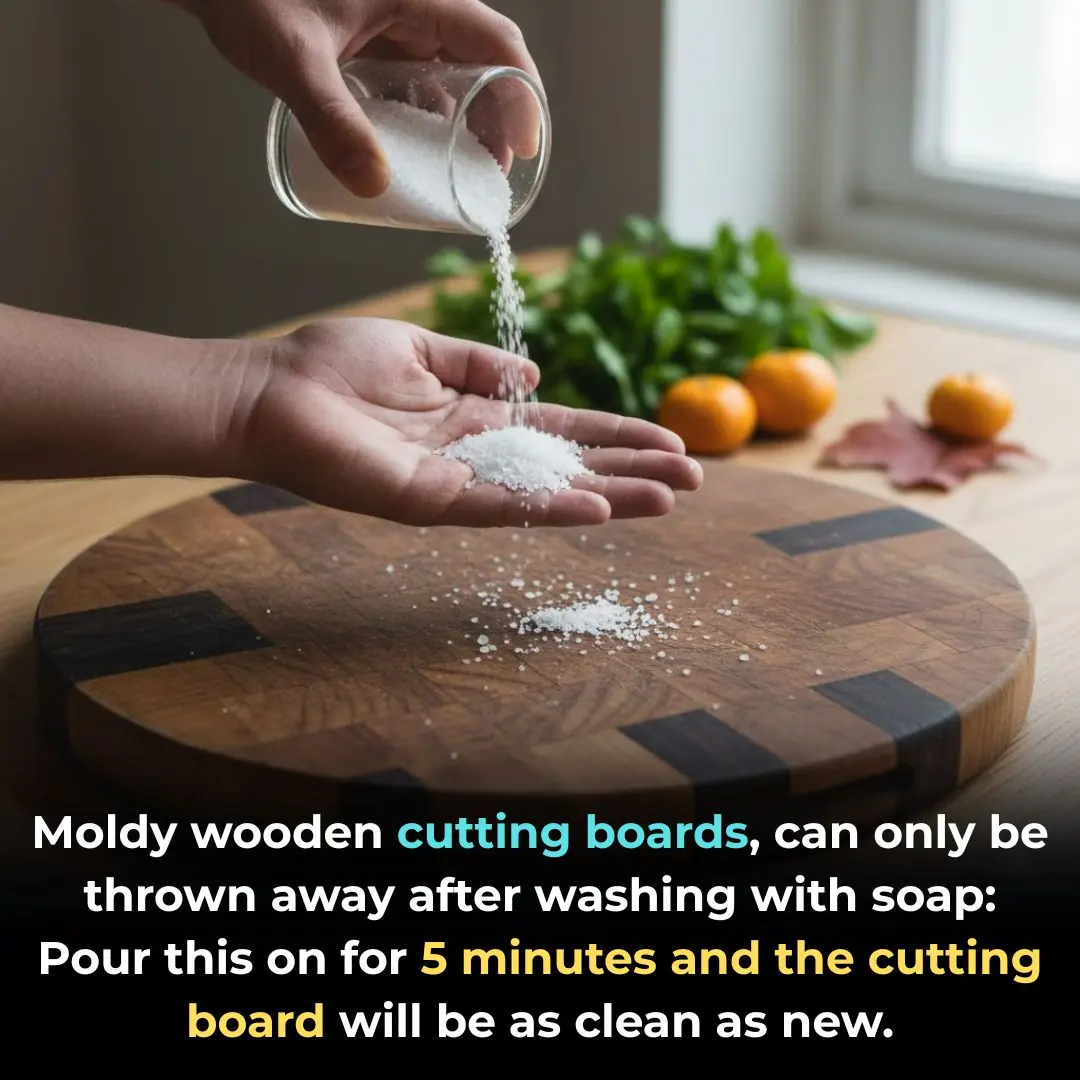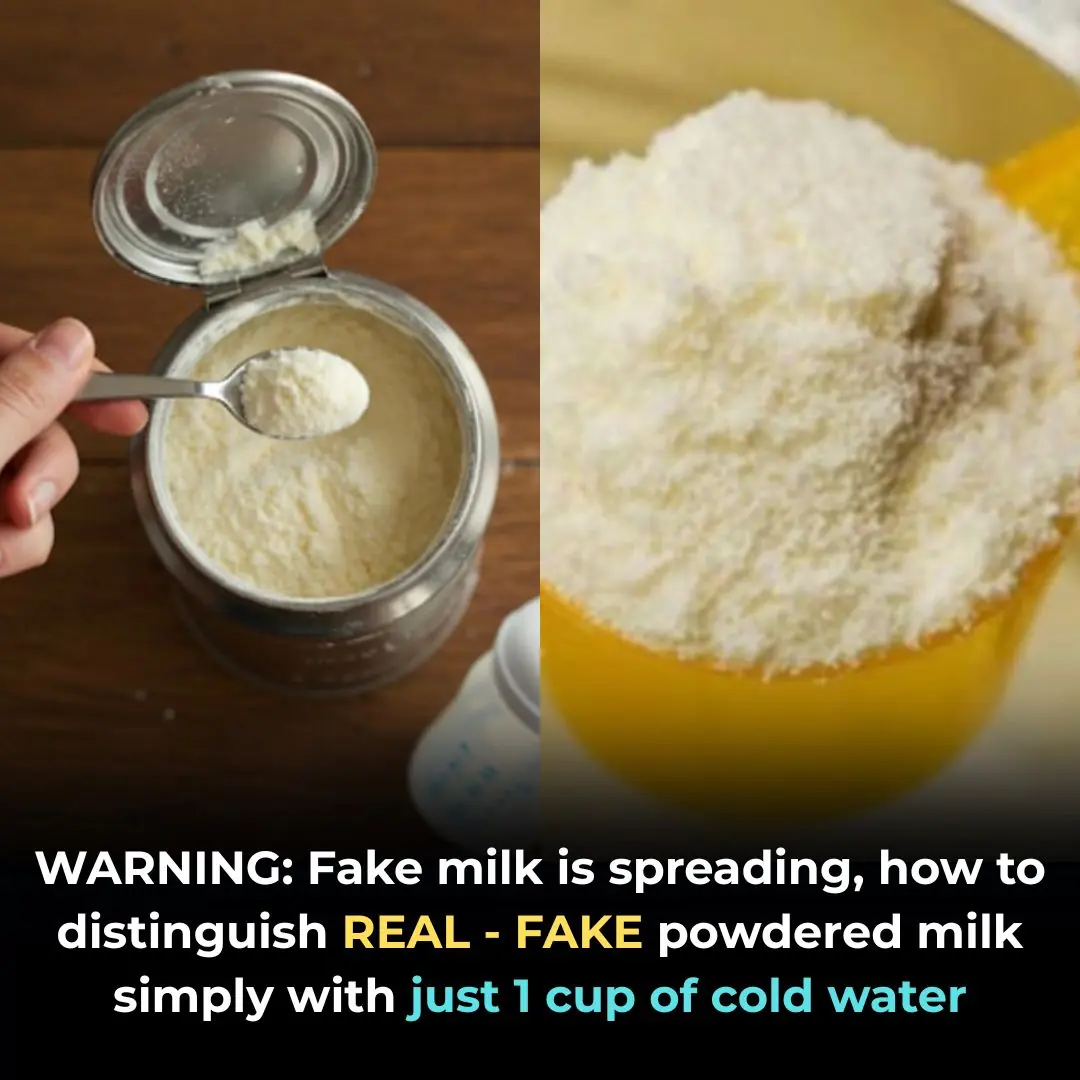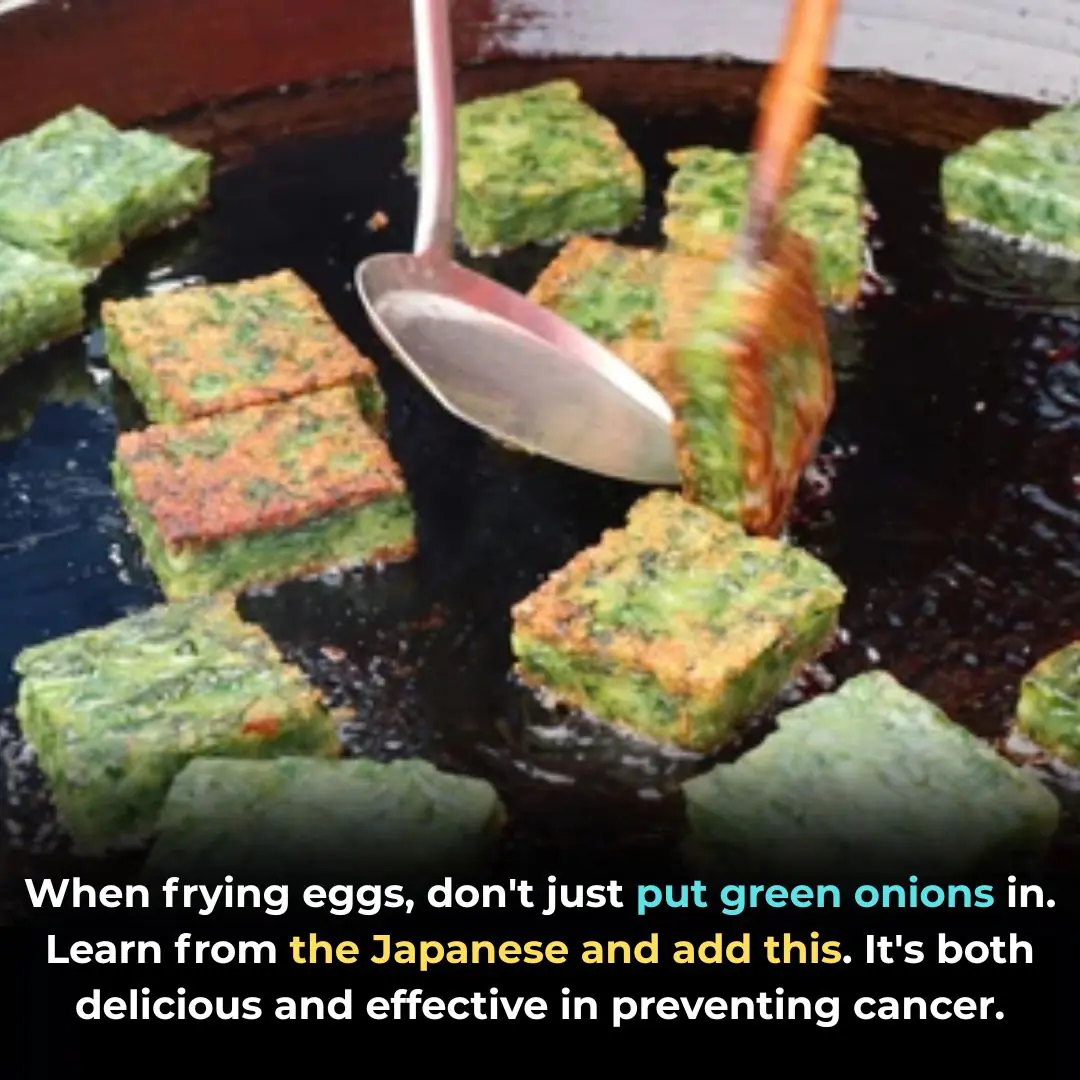
Don't throw away leftover lemon peels in the kitchen, keep them for 5 great benefits

The Hidden Power of Lemon Peels: Simple Household Uses You’ll Love
Lemon peels contain citric acid, a natural compound with the chemical formula C₆H₈O₇. This acid is widely used across many industries — from food and beverages to pharmaceuticals, cosmetics, and cleaning products. Citric acid acts as a natural cleanser, preservative, and water softener, and even helps break down mineral deposits.
While most people discard lemon peels after squeezing the juice, these aromatic leftovers are actually a treasure trove of natural cleaning power. Thanks to their high citric acid content and essential oils, lemon peels can help you tackle many household problems in an eco-friendly, low-cost way.
1. Make Your Own Eco-Friendly Dishwashing Liquid
Instead of buying commercial dish soaps packed with chemicals, you can make your own natural dishwashing liquid using lemon peels and a few common kitchen ingredients.
What you need:
-
Lemon peels (from about 3–4 lemons)
-
2 tablespoons of baking soda
Cut the lemon peels into small pieces and fill a glass jar halfway with them. Add the baking soda and seal the lid. Shake gently and place the jar in a sunny spot. Each day, open the lid once to release built-up gas and to allow the peels to ferment properly.
After about a week, the peels will have completely fermented. Strain the liquid, discard the solids, and your natural dishwashing liquid is ready.
Before using, make sure to scrape off food leftovers and rinse your dishes lightly with water. Then use your homemade cleaner for a fresh, citrus-scented shine. The mild acidity helps cut through grease, while baking soda removes odors and stubborn residues.
2. Remove Burnt Stains from Pots and Pans
Burnt food stuck at the bottom of a pot can be frustrating to clean. Instead of scrubbing endlessly, try this natural remedy using lemon peels.
Place several used lemon halves (the ones you’ve already squeezed) into the burnt pot. Add enough water to cover the burnt area, and bring it to a boil for about 15 minutes. The combination of heat and citric acid will loosen up the charred residue.
Once cooled slightly, pour out the water and scrub lightly — the burnt bits should come off easily. This method works especially well on stainless steel and enamel cookware.
3. Clean and Sanitize Knives and Cutting Boards
Knives and cutting boards often collect bacteria and unpleasant odors, especially after cutting raw meat, fish, or garlic. Lemon peels are an excellent natural disinfectant.
Citric acid has antibacterial and antiviral properties, which is why it’s commonly found in disinfectants, hand sanitizers, and antifungal solutions.
Simply rub the inside of a lemon peel over the knife blade or the surface of the cutting board. Let it sit for a few minutes, then rinse with dish soap and clean water. This not only disinfects but also removes lingering odors.
For an extra-deep clean, sprinkle a little salt or baking soda on the cutting board before rubbing it with the peel — it enhances the scrubbing power and helps whiten the surface.
4. Deodorize Your Microwave and Refrigerator
Lemon peels are perfect for eliminating unpleasant odors in the kitchen.
-
Microwave: Put a few lemon peels in a bowl of water and microwave for 2–3 minutes. The steam will spread the lemon’s essential oils, softening grime and removing any stale smells. Wipe down the inside with a dry cloth — it will look and smell fresh.
-
Refrigerator: Place a few pieces of fresh lemon peel in a small bowl or directly in the corners of the fridge. They’ll naturally absorb food odors and leave a clean, citrus scent. Replace them every few days for the best effect.
5. Clean Tea Stains from Teapots and Cups
Over time, tea leaves brownish stains that ordinary dish soap can’t remove. Lemon peels can solve this effortlessly.
Rub the inside of the lemon peel directly over the stained areas of the teapot or teacups. The natural acidity breaks down tannin deposits. For tougher stains, boil some water with lemon peels and a pinch of salt. Then soak your teapot or cups in this solution for a few minutes. Once cooled, rinse thoroughly — your teaware will sparkle again.
A Small Peel, a Big Difference
Lemon peels are far more useful than they appear. They’re biodegradable, non-toxic, and cost nothing extra, making them a smart choice for anyone looking to reduce waste and switch to natural home care solutions.
So next time you squeeze a lemon, don’t throw away the peel — turn it into your secret cleaning weapon. Your home (and the planet) will thank you! 🍋✨
News in the same category


We were wrong to gradually move away from lard

Insert a cotton swab into a bottle of essential oil and place it anywhere for good results.

Moldy wooden cutting boards, can only be thrown away after washing with soap: Pour this on for 5 minutes and the cutting board will be as clean as new.

WARNING: Fake milk is spreading, how to distinguish REAL - FAKE powdered milk simply with just 1 cup of cold water

When frying eggs, don't just put green onions in. Learn from the Japanese and add this. It's both delicious and effective in preventing cancer.

Using rice water like this will ensure the jar of pickled cabbage is golden, crispy, delicious, not slimy, and everyone who tries it will love it.

From the case of injecting essence to turn 14 tons of buffalo meat into beef: If you see these signs in beef, absolutely do not buy it.

Putting Ice Cubes into Boiling Soup: A Clever Trick Many People Don’t Know

Think Twice Before Drinking Bottled Water in Hotel Rooms – Here's Why It's Not Always Safe or Worth It

A simple tip you probably need right now.

3 extremely simple tips to remove odors right after cooking in the kitchen

The washing machine accumulates a lot of dirt and bacteria: Pour 1 bowl of this into the washing drum to make it clean like new, clothes will smell fresh right away

11 health benefits of green bean water, unfortunately many people do not know

These household appliances will quickly break if you use dishwashing liquid to clean them

How to Dry Clothes Quickly and Odor-Free on Damp, Humid Days — No Dryer Needed

Is It Right or Wrong to Place a Washing Machine in the Bathroom? Turns Out, Many People Have Been Mistaken All Along

The 4 Warning Signs Your Body May Show 15 Minutes Before a Stroke – Recognize Them and Call for Help Immediately

Tips to Prevent Pots from Getting Blackened When Using a Gas Stove: Simple Tricks Everyone Should Know
News Post

The Dying Lions of Khartoum: A Cry for Compassion Amid Collapse

The Gentle Embrace: A Baby Elephant’s Heartfelt Hug.

Why do gourmets always choose places with lots of leftover tissues when eating out?

Signs Your Adult Child May Resent How You Raised Them

Full Circle: The Boy Who Saved the Woman Who Once Saved Him.

What’s the Reason Behind Painting Trees White?

When ants randomly crawl into the house, here's what the Universe is trying to tell you

‘This Is Why They Mad’: Angel Reese’s Runway Debut Triggers Supporters to Clap Back After Trolls Claim Victoria’s Secret Has ‘Lowered Its Standards’

We were wrong to gradually move away from lard

Insert a cotton swab into a bottle of essential oil and place it anywhere for good results.

39 Year Old Dr. Jermaine Whirl Named President of Savannah State, Becoming Youngest HBCU President in History

Moldy wooden cutting boards, can only be thrown away after washing with soap: Pour this on for 5 minutes and the cutting board will be as clean as new.

A Dad Painted His Daughter as Mona Lisa and Her Reaction is Priceless

WARNING: Fake milk is spreading, how to distinguish REAL - FAKE powdered milk simply with just 1 cup of cold water

When frying eggs, don't just put green onions in. Learn from the Japanese and add this. It's both delicious and effective in preventing cancer.

Former NASA Rocket Scientist Aisha Bowe to Make History as Crew Member on Blue Origin’s First All-Woman Spaceflight

Using rice water like this will ensure the jar of pickled cabbage is golden, crispy, delicious, not slimy, and everyone who tries it will love it.

21-Year-Old Yale Juniors Raise $3M in 14 Days for New AI-Powered Social Media App ‘Series’
